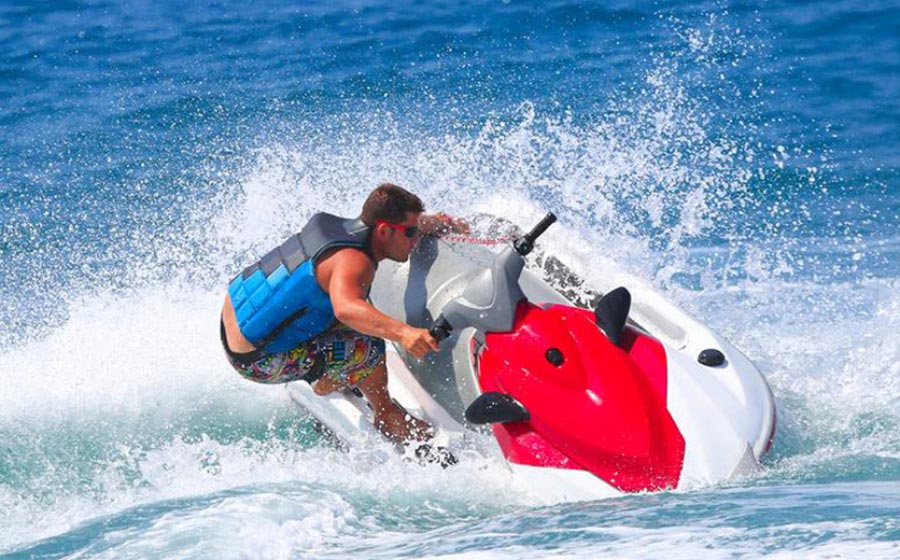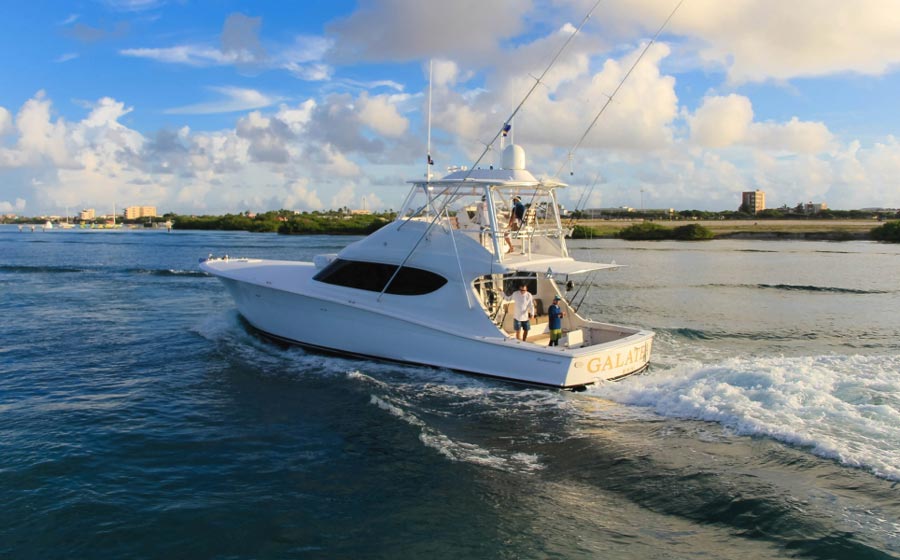Serious Injuries Need Serious Lawyers
Boating and Jet Ski
Hurt in a Boating or Jet Ski Accident?
South Carolina is a recreational state and a popular destination for active residents and tourists. With over 2,800 miles of tidal coastline, over 1,600 lakes covering 500,000 acres, and four major river systems, boating and water-sports are a popular activity. Myrtle Beach, which hosts close to 20 million tourists annually, is located along the heart of the Intracoastal Waterway, is a hotbed for boating, fishing, parasailing and other water sports. This popularity also leads to serious boating accidents, leading to serious injuries.
If you have been injured in a boating accident or any other water-sports accident, the attorneys at Beach Injury Lawyers can help navigate the complexities of boating laws. This can help you maximize the value of your personal injury case. For a free consultation and case evaluation, call Greg Sloan or Will Parker at Beach Injury Lawyers today at 843-357-4111.

Unfortunately, boating accidents along the Atlantic coast of South Carolina are all too common; going too fast for conditions, failure to pay attention to other craft, and operating under the influence of alcohol or other substances are all factors that cause boating accidents in our waters. Huge numbers of personal watercraft such as jet skis mingle with larger boats along our shorelines, with very little regulation regarding their operation. On busy days, watercraft routinely haphazardly cross each other’s paths — sometimes resulting in collisions that damage boats and cause personal injury.
Product liability on the part of the manufacturers, retailers, and distributors of motorized watercraft means that the vehicles they make and provide to the public must be safe to operate under normal conditions. Faulty design or manufacture resulting in, for example, propellers falling off and injuring swimmers — or even the sinking of a boat or other watercraft — can lead to a successful liability claim against manufacturers. All watercraft users have a right to expect that the product they purchase or rent is safe and has been designed appropriately.
When collisions or other unfortunate mishaps, including those resulting from watercraft being rented out to the public without adequate safety instruction, do occur, it’s time to consult an attorney who is an expert in the ins and outs of watercraft law.

Hurt in a Boating or Jet Ski Accident?
Recreational vehicle collisions are the most common type of accidents that take place in South Carolina waters, according to the United States Coast Guard. Operator inattention is the leading cause of all such collisions, just as it is in motor vehicle accidents. And just as we are called to pay attention to our surroundings and obey all pertinent laws when we use our highways, we are obligated to operate with the same amount of care when we go boating. When boat operators fail in this duty, causing damage and/or injury, they may be liable in a court of law. A misunderstanding of who has the right of way on the water causes many mishaps as well.
Another reason for boating accidents is the inexperience of the operator. Vacationers in South Carolina often rent boats or personal watercraft; many times, they overestimate their skill in operating the machine. As a result, they can pose a danger to others, especially with the high powered craft that are out there on the market today. Jet skis and motorboats are just two of the many types of watercraft that are often rented out and operated by inexperienced people who believe they can handle themselves in South Carolina‘s crowded waterways. When these operators lose control of their vehicle and cause accidents resulting in injury or property damage, their inexperience does not excuse them from legal liability.
Equally important is the obligation of the operator of the watercraft — or a passenger — to serve as a lookout for dangers, including other boats which may be crossing their path. Failure to watch out for such dangers is of course of paramount importance when water skiers or others are being towed behind any watercraft. There are no lanes in the water showing who has the right of way. However, the United States Coast Guard has clear guidelines indicating the correct operation of all watercraft when passing by or overtaking another. You can be charged with having an improper lookout, according to USCG regulations, when there is “failure of the operator to perceive danger because no one was serving as lookout, or the person so serving failed in that regard. Every vessel shall at all times maintain a proper lookout by sight and hearing as well as by all available means appropriate in the prevailing circumstances and conditions to make a full appraisal of the situation and the risk of collision.” Failure to do so, in situations in which boats can be either crossing your path from each side, coming at you directly from the front, or passing you from the back, may result in legal charges and/or civil litigation.
The swamping or flooding of a boat is the fourth most common type of mishap that can occur on the water. Failure to replace the plugs located in the hull of the boat is one of the most frequent causes of these types of accidents, along with placing too large of an outboard motor in the back of the vessel.
Grounding a watercraft on land is the fifth most common category of boating accident — and one that can mean a violent collision that results in personal injury, even death. Water skiers as well as wakeboarding and tubing mishaps, the sixth most common boating accident, can be the most deadly of all.
Of course, alcohol is the cause of a great many boating accidents, comprising the seventh most common type of mishap on the water, and one that is clearly the most preventable of them all. The US Coast Guard states that the motion of watercraft, along with engine noise, spray, and wind, combines with the effects of alcohol to make for a deadly mix that causes even more problems for boat operators than it does for the drivers of motor vehicles.
Most accidents on the water are the result of unintentional negligence, however, rather than any deliberate act or willful negligence. Everyone who operates watercraft may still be liable for the damage they cause, even unintentionally. The principle of legal negligence includes the expectation that everyone in society owes a duty of care to others, avoiding causing injury to them or damaging their property. If they fail in this duty, compensation — including payment of medical bills, lost income, and pain and suffering — may be due to the injured party.
If you have been affected by a manufacturing defect or you or your loved ones have sustained an injury due to negligence of any kind on the water, be sure to reach out to attorneys who are qualified in boating and personal watercraft law.

